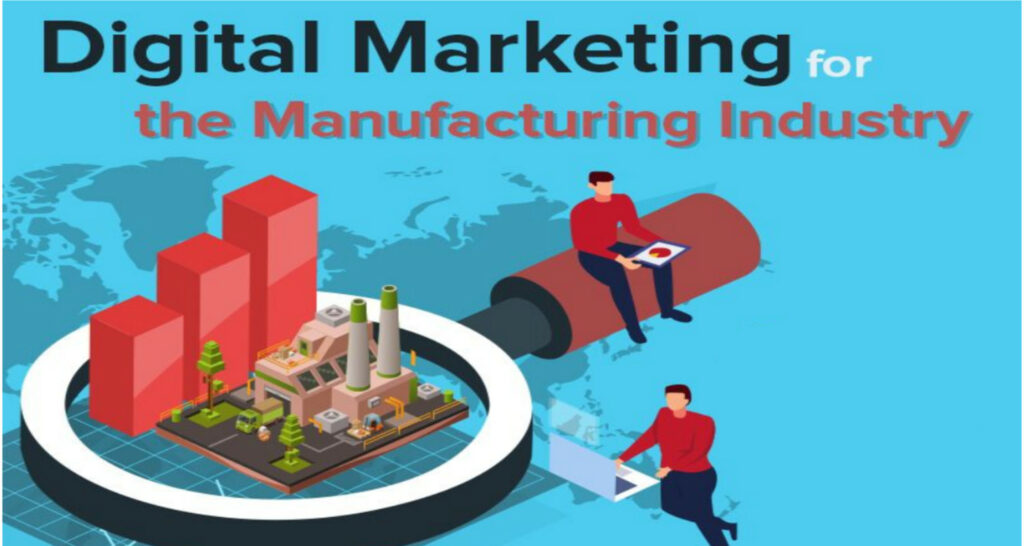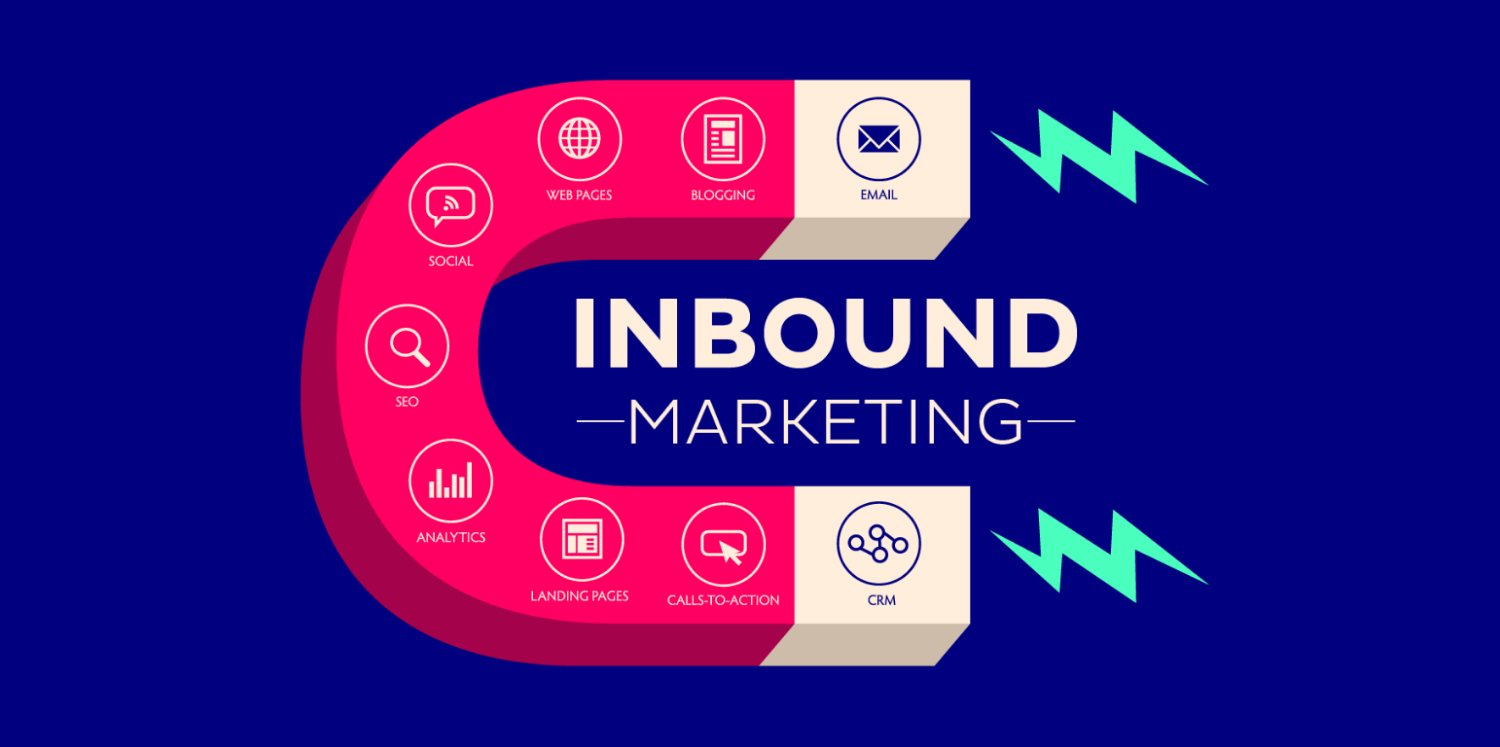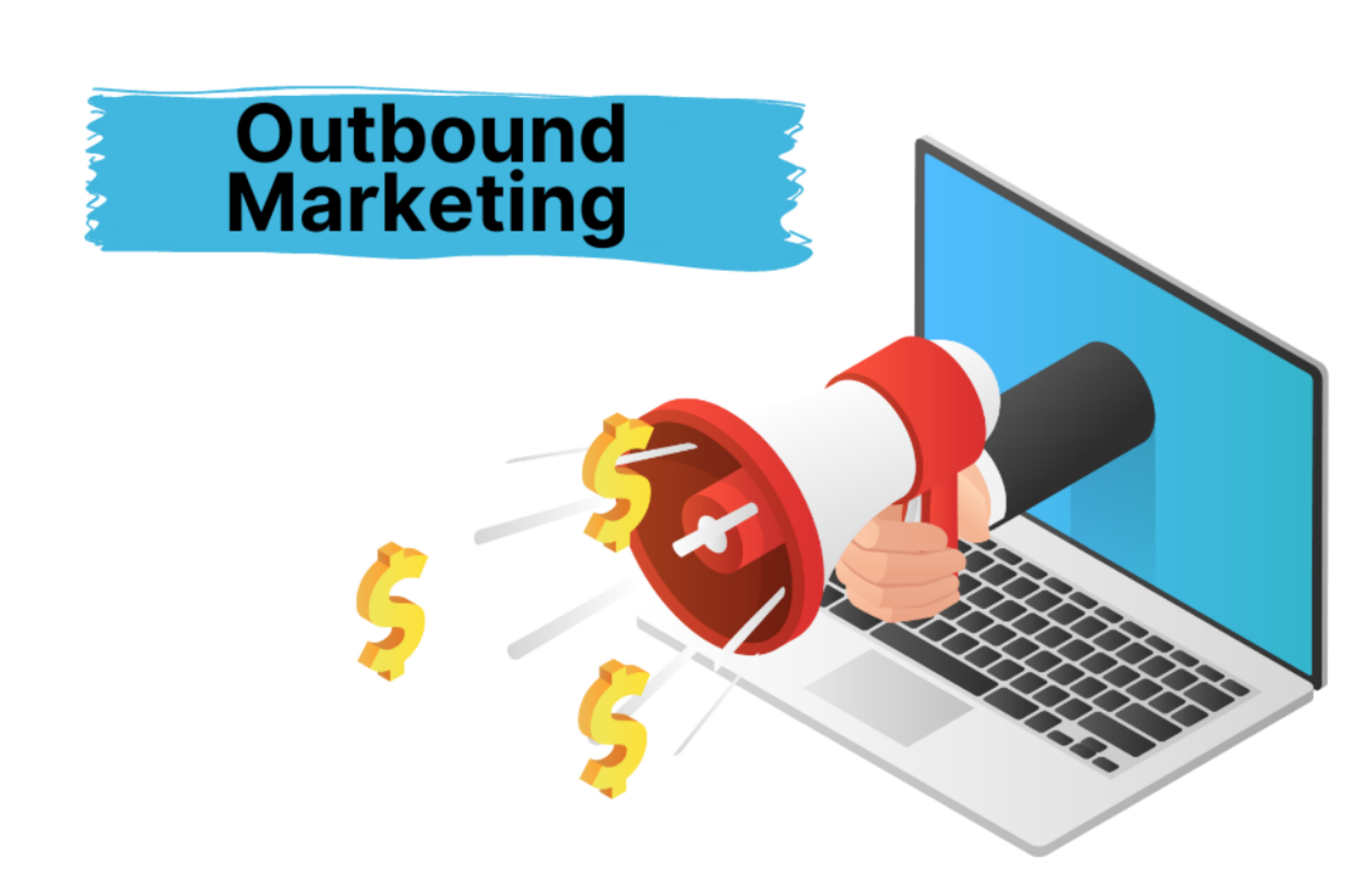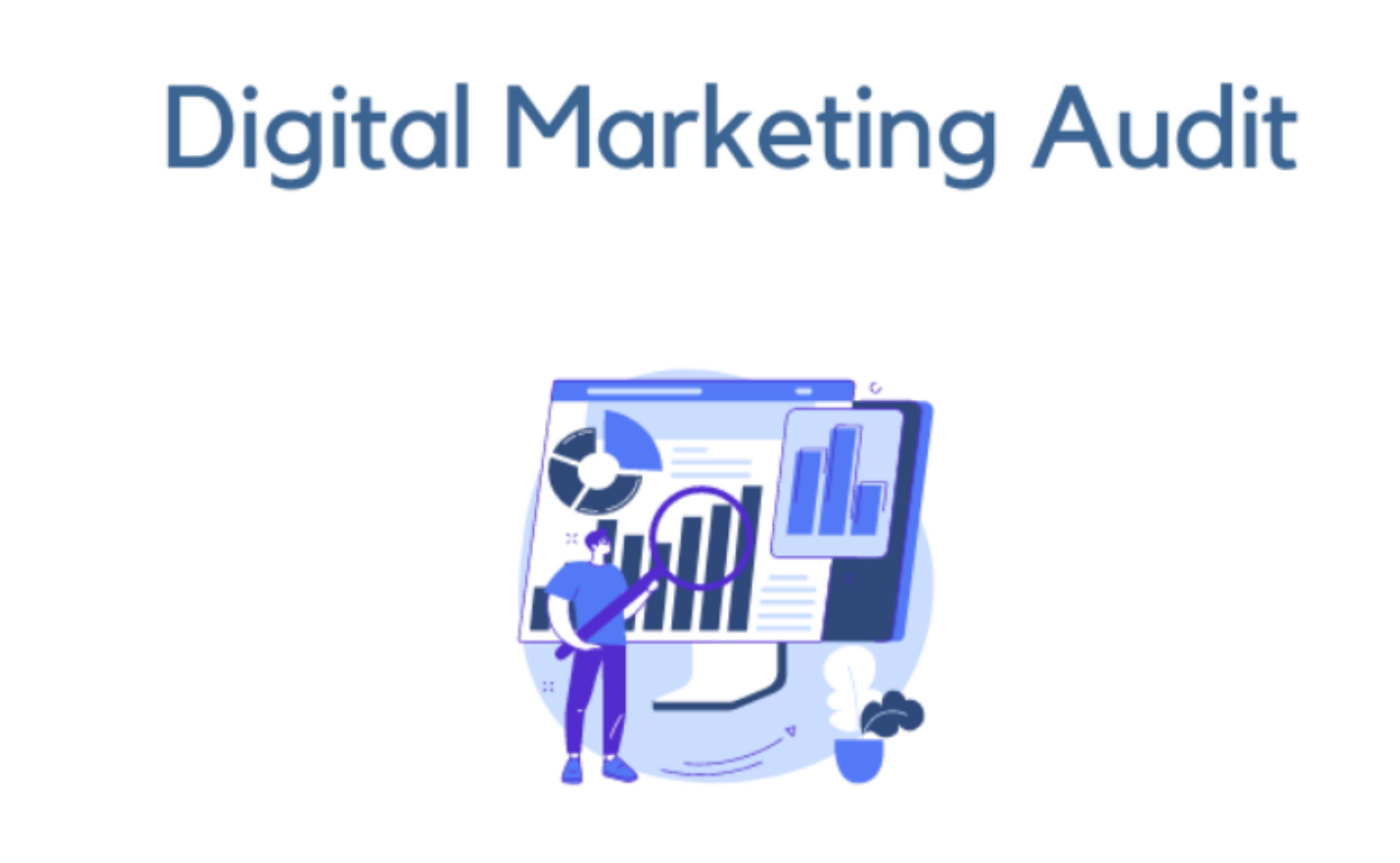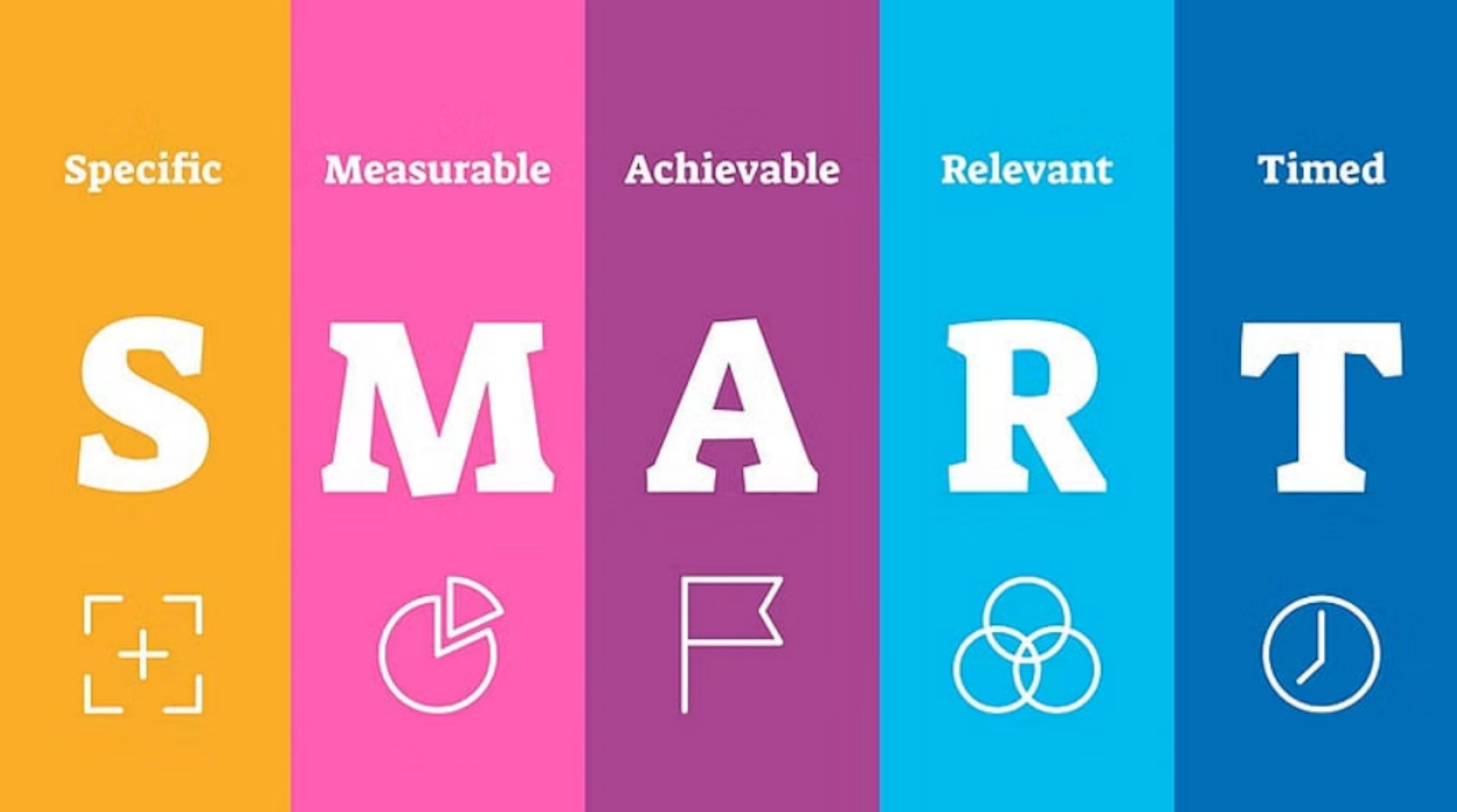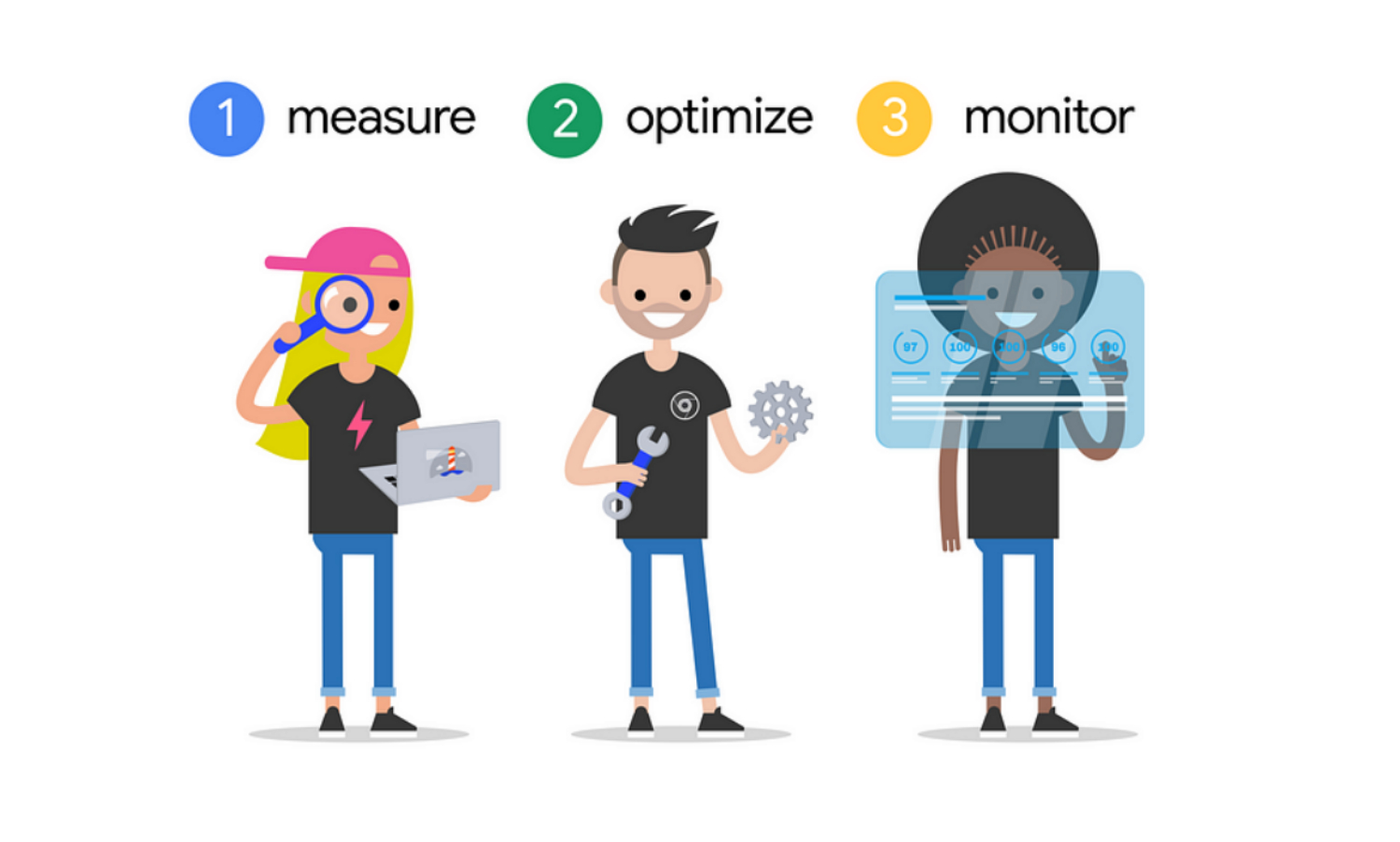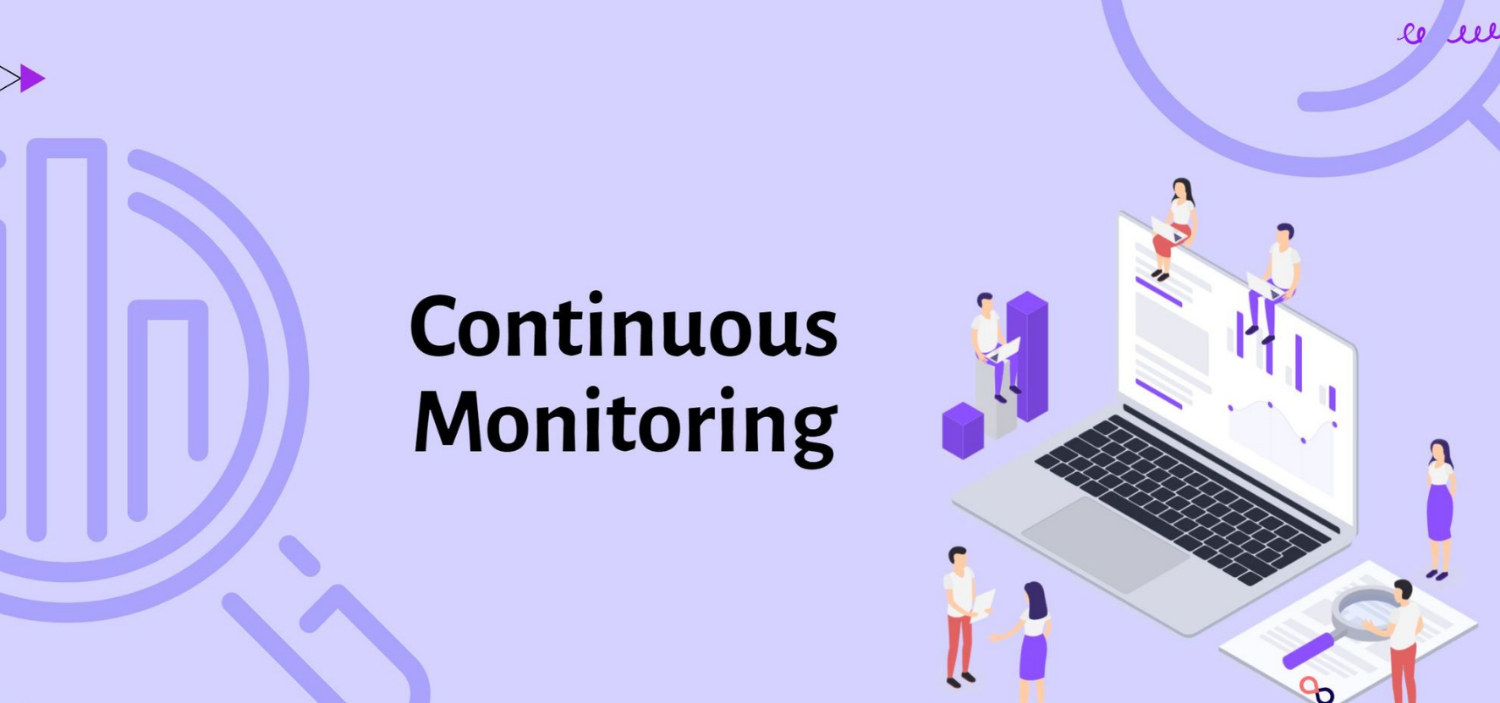In today’s rapidly evolving digital landscape, it becomes increasingly critical for businesses in every industry to establish a robust online presence. The manufacturing enterprise, often seen as traditional and slow to adapt, is no exception. In fact, with the rise of e-commerce and the growing importance of online marketing, digital strategies have become vital for manufacturers seeking to stay competitive in the modern marketplace.
The step-by-step guide to Digital Marketing for the Manufacturing Industry is as follows:
- Conducting a Digital Marketing Audit
- Setting SMART Goals
- Identify Your Target Audience
- Choose the Right Tactics
- Allocate Your Budget
- Create a Content Strategy
- Implement, Measure, and Optimize
- Stay Up-to-Date with Industry Trends
- Foster Collaboration and Communication
- Continuously Monitor and Adapt
So, let’s begin exploring the essential pillars of digital marketing for the manufacturing industry and take your manufacturing enterprise to significant heights.
Need Of Using Digital Marketing For Manufacturers
The manufacturing industry has conventionally relied on traditional marketing strategies, such as trade shows, print ads, and direct mail. While these strategies can still be effective to some extent, they often have limitations regarding reach and measurement. With the growing digitization of business enterprise operations and the shift towards online buying, manufacturers should adapt their marketing approach to stay relevant and competitive.
One of the primary reasons manufacturers need to embrace digital marketing is the changing behavior of their audience. B2B customers and decision-makers depend upon the Internet to research and evaluate potential suppliers before shopping. Building an online presence is essential to ensure your brand is visible and considered during the research phase.
Digital advertising additionally offers the opportunity to target specific industries, geographic regions, or buyers with high precision. With traditional marketing strategies, reaching a highly targeted audience is difficult, and wastage of marketing resources can occur. With traditional marketing, deciding the marketing campaign’s ROI may also be challenging. However, digital marketing provides manufacturers with access to data and analytics that they can use to measure key performance indicators (KPIs). This data-driven method allows manufacturers to make knowledgeable marketing decisions and optimize their efforts for better results.
Different Digital Marketing Types That Matters For The Manufacturers
There are primarily two approaches of marketing that manufacturers commonly use: inbound and outbound marketing.
Inbound Marketing
Inbound marketing is an approach that is customer-centric and aims to develop valuable content to engage and attract potential customers. Its goal is to build connections with the audience, develop trust, and establish the manufacturer as a trusted source of information.
It includes tactics such as content marketing, SEO, social media marketing, etc. Inbound marketing can be highly effective for manufacturers as it allows them to educate their target audience, showcase their expertise, and nurture leads throughout the buying journey.
Outbound Marketing
On the other hand, outbound marketing is a more traditional and integrative approach that involves pushing messages to audiences in the hope of interest and lead generation. Outbound marketing tactics are TV commercials, print advertising, radio, direct mail, and cold calling.
Although outbound marketing proves to be effective in some situations, it is generally considered less targeted and less cost-effective than inbound marketing. For manufacturers, outbound marketing may still have a role to play, especially in reaching a broader audience or promoting new product launches. However, the effectiveness of outbound marketing in the digital age is diminishing.
Developing A Digital Marketing Strategy For Manufacturers
Building a strategy for digital marketing is vital for manufacturers looking to harness the power of digital channels effectively. Following are the steps to create a marketing strategy for the manufacturing industry:
Step 1: Conduct a Digital Marketing Audit
Conduct a comprehensive website, social media profiles, content, and online presence audit. Identify strengths, weaknesses, opportunities, and threats to understand your strategy and areas for improvement clearly.
Step 2: Set SMART Goals
Set SMART, i.e., Specific, Measurable, Attainable, Relevant, and Time-bound goals that adjust with the overall objectives of your business and are realistic and achievable. Setting SMART goals allows you to track and measure your strategy’s success.
Step 3: Identify Your Target Audience
For digital marketing, it is crucial to determine your target audience. Develop detailed buyer personas that outline different parameters of your ideal customers. It will help you customize your messages, content, and tactics to drive engagement and resonate with your audience group.
Step 4: Choose the Right Tactics
Depending on your target audience and goals, opt for the digital marketing tactics that help you attain your objectives. Consider the strengths and weaknesses of each tactic, as well as how they align with your goals and target audience.
Step 5: Allocate Your Budget
Determine how much you want to invest in your digital marketing efforts and accordingly allocate your budget. Consider the costs associated with various tactics. Balancing your budget across different tactics and channels will help you maximize your return on investment.
Step 6: Create a Content Strategy
Content is the most vital component. Determine the types of content you will create (e.g., blog articles, videos, case studies) and establish a consistent publishing schedule. Create content that provides value to your audience, addresses their pain points, and positions your brand as a trusted source of information.
Step 7: Implement, Measure, and Optimize
Once your strategy is in place, it’s time to implement your tactics, measure the results, and optimize your efforts based on data and insights. Use analytics tools to track key performance indicators, continuously monitor your results, make data-driven decisions, and adjust your strategy accordingly to improve performance.
Step 8: Stay Up-to-Date with Industry Trends
The digital marketing landscape is continuously changing, so it is crucial to stay informed of the latest industry best practices and upcoming trends. By staying knowledgeable, you can grab upcoming opportunities. And can also stay ahead of the competitors.
Step 9: Foster Collaboration and Communication
Digital marketing is a team effort, so you should collaborate and communicate within your organization. Encourage cross-departmental collaboration between marketing, sales, and other relevant teams to ensure everyone aligns with the digital marketing strategy.
Step 10: Continuously Monitor and Adapt
Continuously monitor the performance of your digital marketing efforts and make adjustments as needed. Regularly review your goals, tactics, and results to ensure you are on the right path and progressing appropriately toward your objectives. Stay agile and adaptable, and be willing to experiment and try new strategies to improve your digital marketing effectiveness.
See also, What is Trade Marketing? Advantages and Strategies
FAQs
How can digital marketing help the manufacturing industry?
Digital marketing helps the manufacturing industry in a variety of ways. But the best way in which it helps is by increasing lead conversions.
What is the digital manufacturing industry?
The digital manufacturing industry is the one in which digital tools, i.e., computer-based tools, are used for manufacturing.
Conclusion
Digital marketing is a necessity for manufacturers in today’s digital world. By embracing digital marketing, manufacturers can stay competitive, build brand visibility, and connect with their target audience. Hopefully, now you understand the importance of digital marketing for manufacturers. By applying these insights and leveraging the right digital marketing tactics, manufacturers can thrive in the digital age and secure a prosperous future for their businesses.

